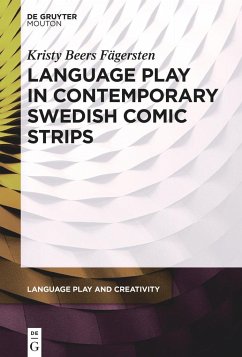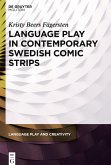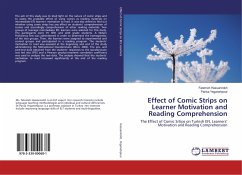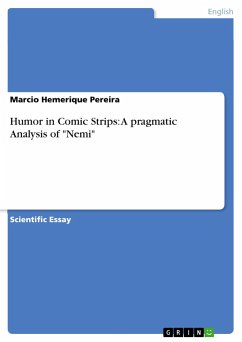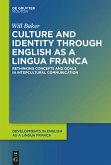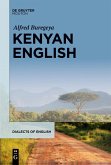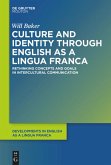This book focuses on the unexplored context of contemporary Swedish comic strips as sites of innovative linguistic practices, where humor is derived from language play and creativity, often drawing from English and other European languages as well as social and regional dialects of Swedish. The overall purpose of the book is to highlight linguistic playfulness in Swedish comic strips, as an example of practices as yet unobserved and unaccounted for in theories of linguistic humor as applied to comics scholarship.
The book familiarizes the reader with the Swedish language and linguistic culture as well as contemporary Swedish comic strips, with chapters focusing on specific strategies of language play and linguistic humor, such as mocking Swedish dialects and Swedish-accented foreign language usage, invoking English language popular culture, swearing in multiple languages, and turn-final code-switching to English to signal the punchline.
The book will appeal to readers interested in humor, comics, or how linguistic innovation, language play, and language contact each can further the modern development of language, exemplified by the case of Swedish.
The book familiarizes the reader with the Swedish language and linguistic culture as well as contemporary Swedish comic strips, with chapters focusing on specific strategies of language play and linguistic humor, such as mocking Swedish dialects and Swedish-accented foreign language usage, invoking English language popular culture, swearing in multiple languages, and turn-final code-switching to English to signal the punchline.
The book will appeal to readers interested in humor, comics, or how linguistic innovation, language play, and language contact each can further the modern development of language, exemplified by the case of Swedish.
"Beers Fägersten's theoretical discussions and argumentation are compelling and could turn out be most inspiring for further research in the areas of sociolinguistics, pragmatics, comics studies, humor research, critical semiotics, etc. [...] It is a pleasant, easy to read, original book with insightful observations and analyses, which underline the significance of investigating language variation and change in contexts where we normally do not look for them."
Villy Tsakona, National and Kapodistrian University of Athens
Villy Tsakona, National and Kapodistrian University of Athens

